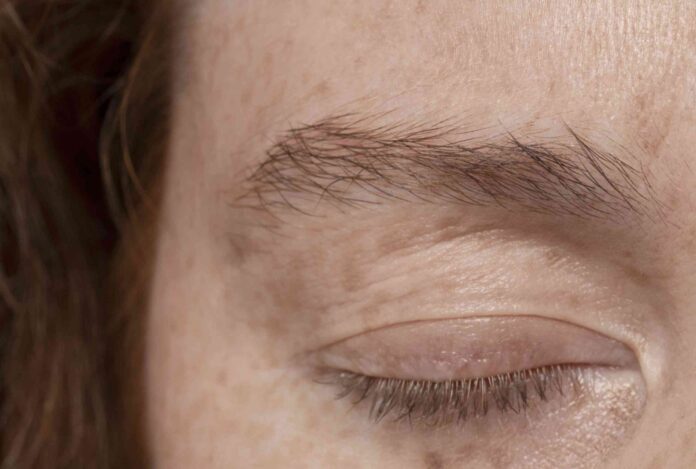Stress is an inevitable part of modern life, affecting our mental and physical well-being in myriad ways. One often overlooked impact of stress is its contribution to dry skin.
Skin Reactions to Stress
Skin reactions to stress include dryness, redness, and flare-ups of pre-existing conditions like eczema. These reactions are the body’s way of signaling that it is under stress, emphasizing the need for stress management techniques, which are crucial for dealing with stress and dry skin.
Understanding this connection and finding natural remedies can help alleviate the discomfort associated with dry, itchy skin without resorting to harsh treatments. This article will delve into the link between stress and dry skin and provide practical solutions for managing it.
How Stress Causes Dry Skin
When we experience stress, our bodies produce higher levels of cortisol, a hormone that prepares us for ‘fight or flight’ responses.
Elevated cortisol levels can disrupt the skin’s ability to retain moisture and increase oil production, leading to a compromised skin barrier. This weakened barrier makes it difficult for the skin to maintain hydration, resulting in dry, flaky patches.
Additionally, stress can exacerbate conditions like eczema and psoriasis, further contributing to skin dryness and irritation. This demonstrates how stress and dry skin are intricately linked.
Home Remedies for Dry Skin
Fortunately, there are several natural treatments that can help manage dry skin, especially when stress is a contributing factor. Here are some effective home remedies:
Check for Allergies
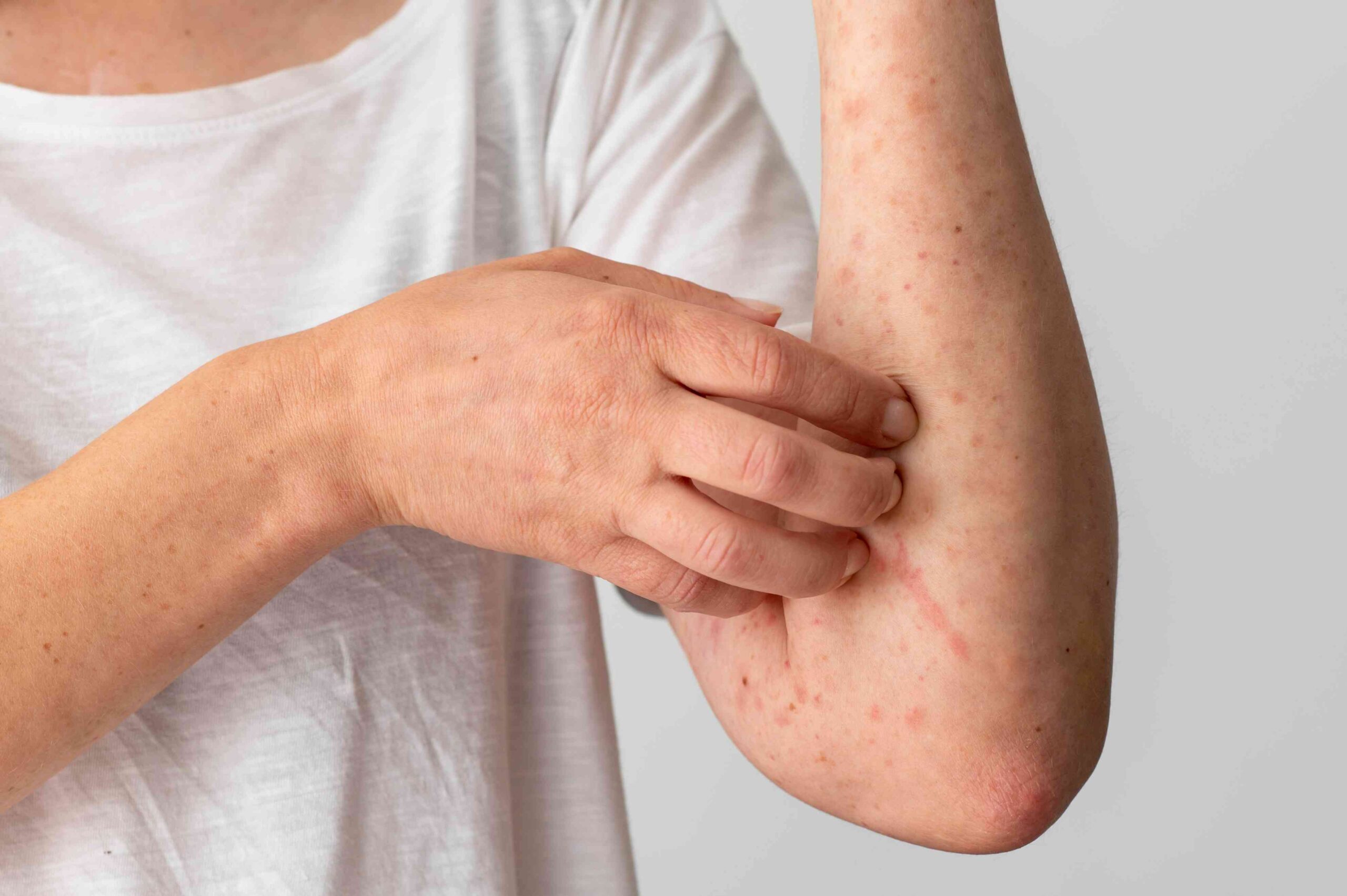
Before attributing dry skin solely to stress, rule out contact dermatitis caused by cosmetics. Stop using all moisturizers for a week or two to see if the problem clears up. If it does, switch to a non-allergenic cream, such as a natural aqueous cream. This step ensures that your skin reactions to stress are not compounded by allergic reactions related to stress and dry skin.
Humidify the Air
Dry air from air conditioners, heaters, or dry climates can worsen dry skin. Use a humidifier to add moisture to the air in your home, helping your skin stay hydrated. This is particularly important as skin problems due to stress can be exacerbated by environmental factors, highlighting the link between stress and dry skin.
Use Vaseline at Night
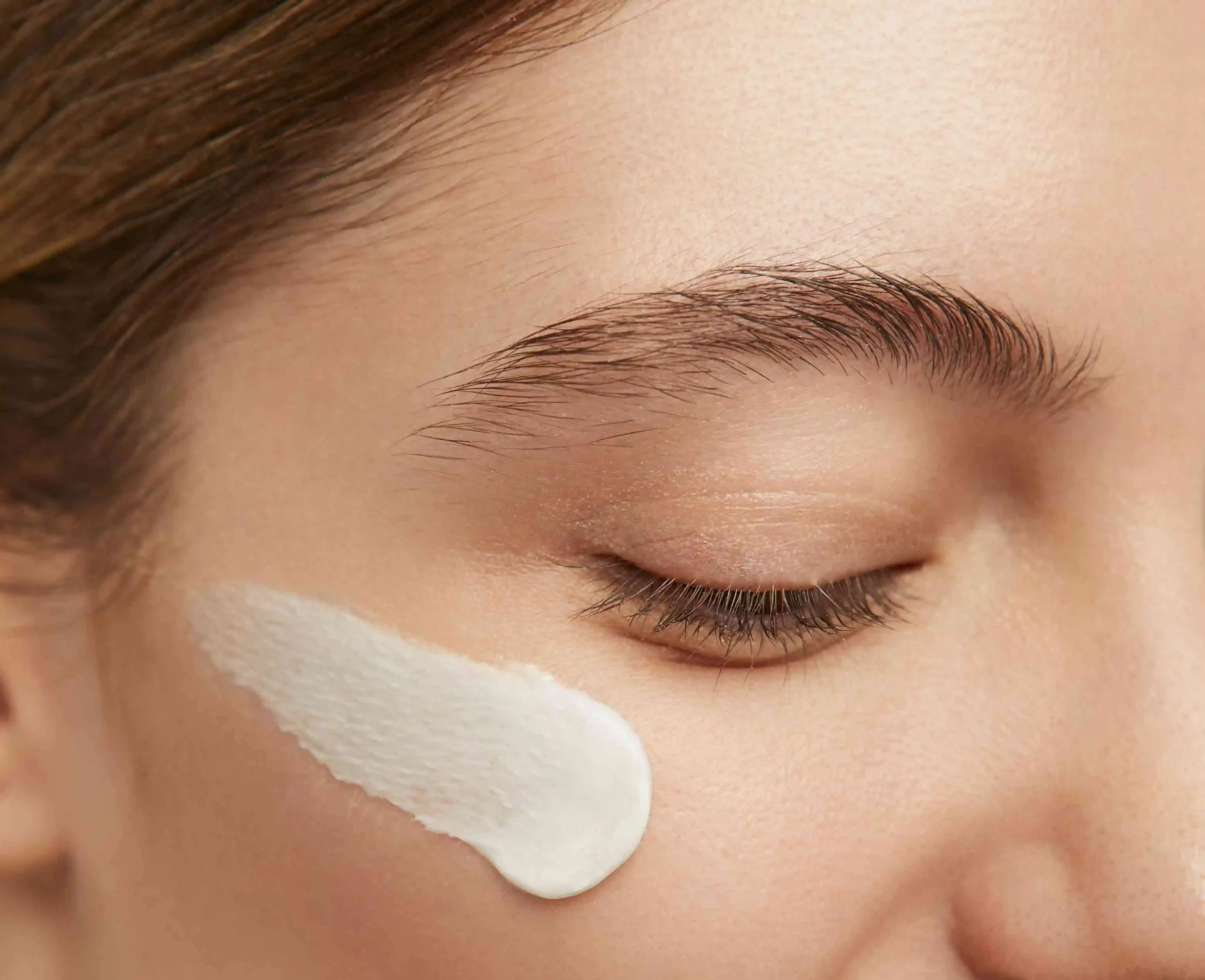
Vaseline is an effective and inexpensive moisturizer. Apply it to dry areas like hands, elbows, and heels before bed. For daytime use, opt for lighter lotions like Nivea or Lubriderm. This can help combat skin outbreaks due to stress by ensuring the skin remains hydrated, addressing the issue of stress and dry skin.
Protect Hands from Water
Frequent hand washing can strip the skin of its natural oils. Wear lined rubber gloves when doing dishes or cleaning, and apply hand cream every time you dry your hands. Use warm, not hot, water. This practice helps mitigate skin problems from stress related to over-washing, which contributes to stress and dry skin.
Bathe or Shower Only When Necessary
Limit baths and showers as hot water can rob the skin of moisture. Use warm water and mild soap alternatives to reduce drying effects. This helps manage dry skin and stress by minimizing additional drying factors and focusing on the relationship between stress and dry skin.
Use a Prescription Cream
For severe dry skin, consult a doctor for a prescription lotion like Lac-Hydrin, which contains lactic acid to help the skin retain moisture. Over-the-counter options like Lac-Hydrin Five or LactiCare are also beneficial. These treatments can be vital for managing skin conditions caused by stress, providing relief for stress and dry skin.
Use a Non-Drying Soap Alternative
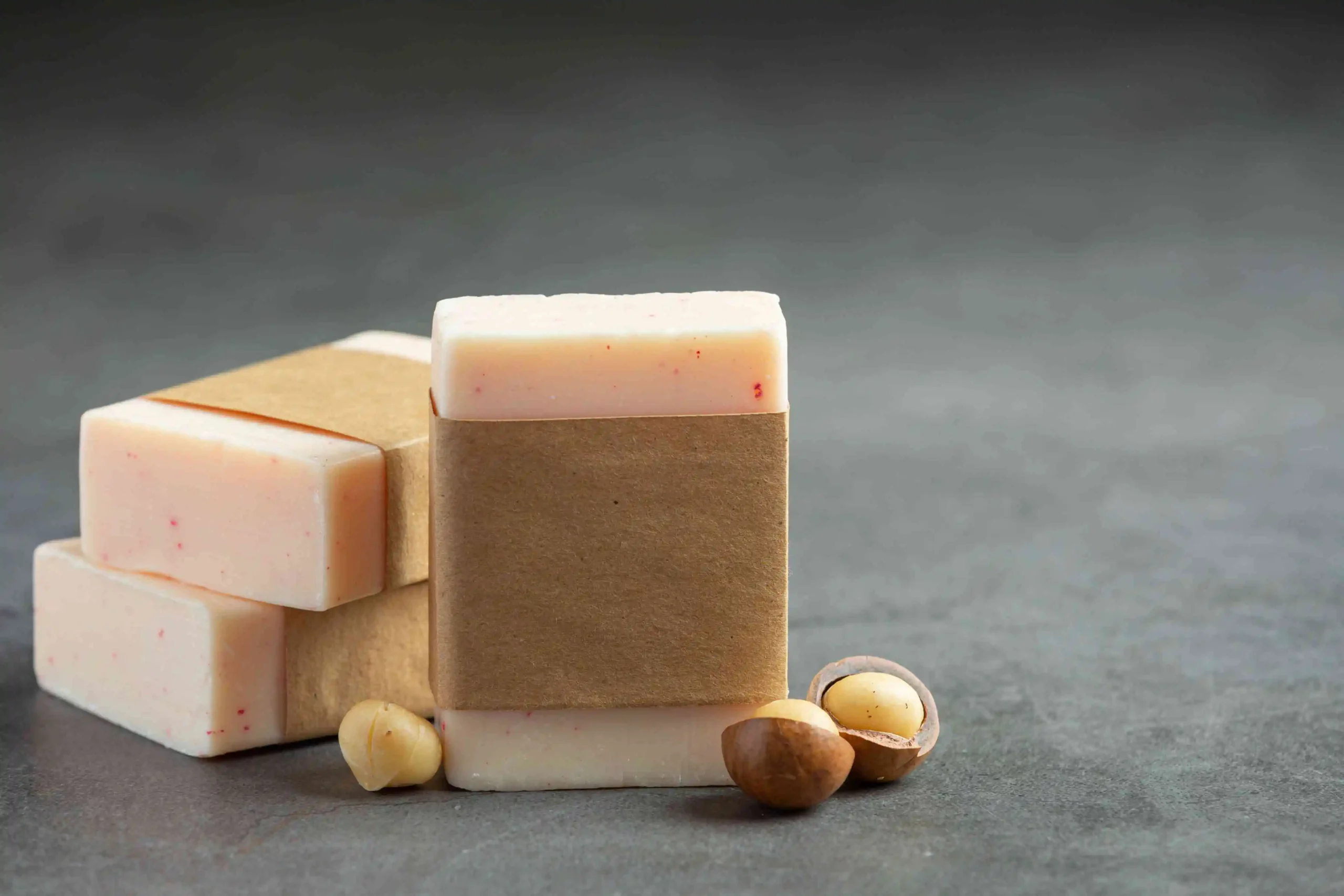
Replace regular soap with non-drying alternatives to clean your skin without exacerbating dryness. This is crucial in addressing stress skin problems by preventing further irritation, especially in cases of stress and dry skin.
Check Your Diet
Ensure your diet includes healthy fats. Adding one or two tablespoons of olive oil daily can improve skin hydration. Avoid extremely low-fat diets that can contribute to dryness. Diet plays a significant role in how stress and your skin interact, directly impacting stress and dry skin.
Reduce Excess Zinc Intake
Consuming more than 100mg of zinc daily can worsen dry skin. Reduce your intake if necessary. This can help in managing skin disorders caused by stress by maintaining nutritional balance, which is important for stress and dry skin.
Emotional Healing

Addressing emotional stress can significantly improve your skin’s condition. Identify sources of stress, allow yourself to process emotions, and work on releasing anxiety and fear.
Practices such as meditation, deep breathing, and mindfulness can help manage stress levels, promoting overall skin health. This holistic approach is essential for dealing with skin stress and combating stress and dry skin.
Essential Oils for Dry Skin
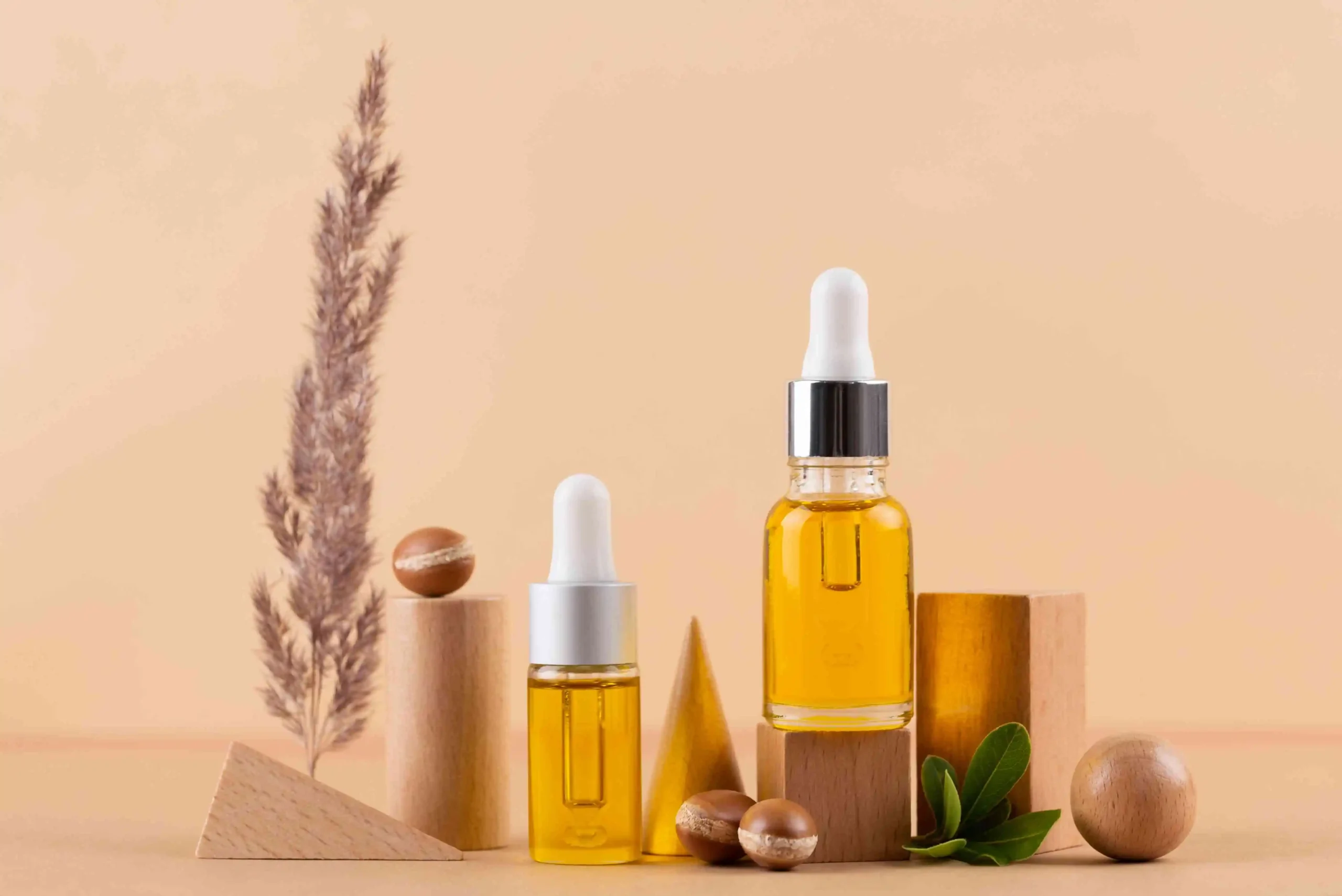
Incorporating essential oils into your skincare routine can provide additional relief for dry skin:
- Lavender Oil: Known for its calming properties, lavender oil can help reduce stress and soothe the skin, which is beneficial for stress and dry skin.
- Chamomile Oil: Offers anti-inflammatory benefits and helps calm irritated skin, addressing stress and dry skin.
- Rosehip Oil: Rich in essential fatty acids and antioxidants, rosehip oil helps hydrate and repair the skin barrier, useful for stress and dry skin.
- Jojoba Oil: Mimics the skin’s natural oils and provides long-lasting hydration without clogging pores, ideal for stress and dry skin.
Understanding Stress and Skin Problems
Stress and dry skin are closely related, as stress impacts the skin’s ability to function properly. When stressed, the skin’s natural barrier is compromised, making it more susceptible to dryness and irritation.
This connection highlights why stress skin conditions are prevalent and need to be addressed both externally and internally, focusing on stress and dry skin.
Effect of Stress on Skin
The effect of stress on skin is profound, affecting both its appearance and health. Stress can cause the skin to lose its natural glow, become dry, and more prone to irritation. Understanding how stress affects skin is the first step in mitigating its adverse effects, particularly stress and dry skin.
What Does Stress Do to Your Skin?
As discussed in the beginning of the article, stress and skin problems go hand in hand, with stress leading to various skin issues such as dryness, acne, and inflammation. Effects of stress on face are particularly noticeable, often resulting in a dull, tired appearance.
Skin problems from stress can also include hives and rashes, which are immediate reactions to stress, often resulting in stress and dry skin.
Other Skin Outbreaks Due to Stress
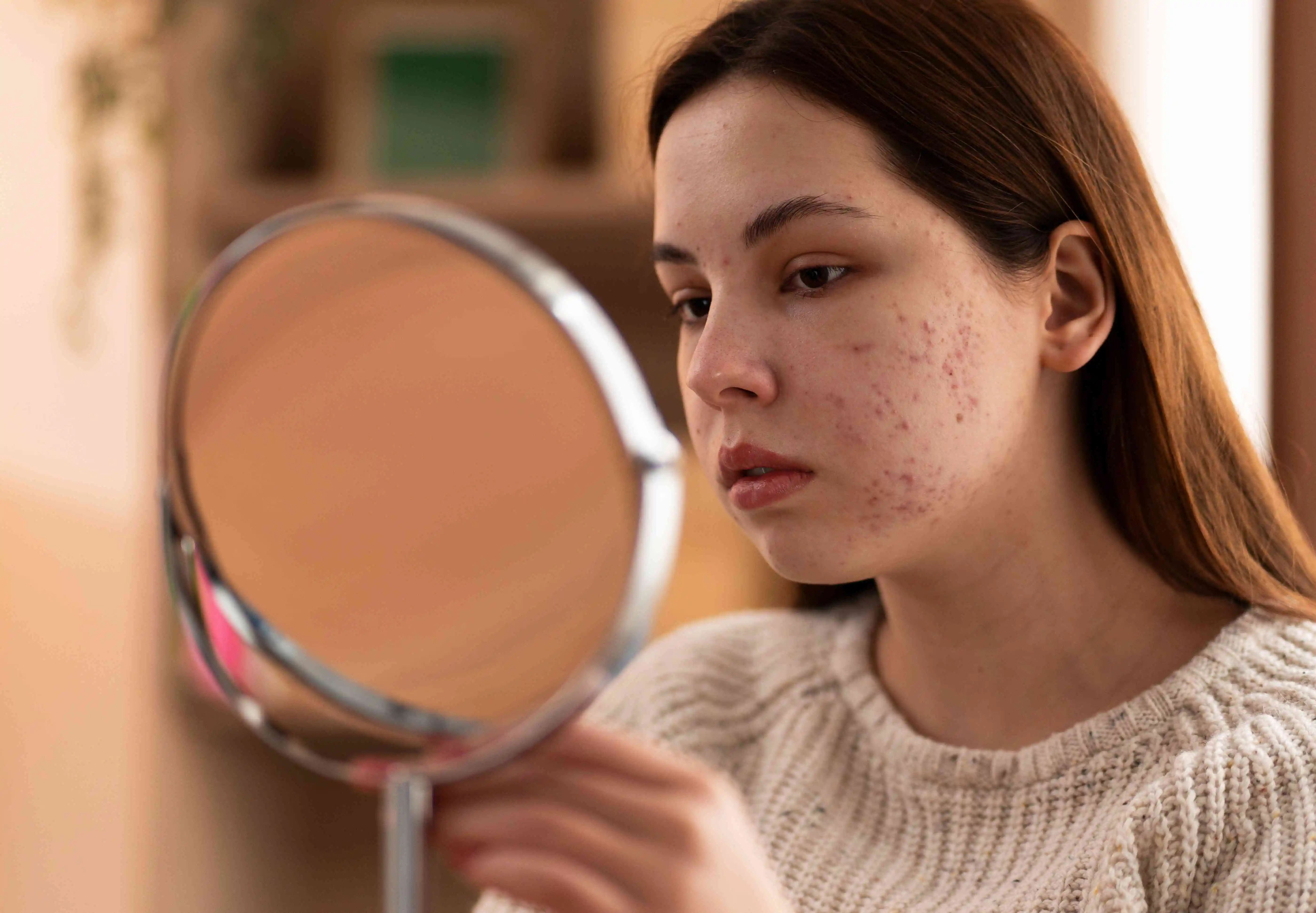
Skin outbreaks due to stress are common, as stress triggers the release of hormones that can cause inflammation and oil production. This can lead to conditions like acne and eczema.
Can Stress Cause Dry Skin on Face?
Can stress cause dry skin on face? Yes, it can.
The face is particularly vulnerable to stress-induced dryness due to its exposure to environmental factors and the thinness of facial skin. Managing stress can help reduce this dryness and maintain facial skin health, focusing on stress and dry skin.
Can Stress Make You Look Different?
Can stress make you look different?
Yes, prolonged stress can lead to visible changes in your appearance, such as increased lines and wrinkles, a dull complexion, and sagging skin. This is due to the impact of stress on skin elasticity and collagen production, contributing to stress and dry skin.
Dry Skin and Stress
Dry skin and stress are often linked, with stress leading to a reduction in the skin’s ability to retain moisture. This connection highlights the importance of managing stress to maintain skin hydration, directly addressing stress and dry skin.
Stress Skin Panel Home Kits
Stress skin panel home kits can be useful tools in identifying and managing stress-related skin issues. These kits often include products and routines designed to soothe and hydrate stressed skin, addressing stress and dry skin.
What is Stressed Skin?
Stressed skin is skin that has been affected by stress, showing signs of dryness, redness, and irritation. It is a direct result of the body’s response to stress, emphasizing the need for effective stress management techniques, especially for stress and dry skin.
Conclusion
Stress can significantly impact your skin, leading to dryness and discomfort. By understanding this connection and implementing natural home remedies, you can take control of your skin health.
From humidifying your environment to using gentle skincare products and addressing emotional stress, these steps can help you achieve healthier, more hydrated skin.
Consistency is key, so start incorporating these remedies gradually and stick with the ones that work best for you. Managing stress and dry skin through these methods will help you achieve better overall skin health and well-being.


